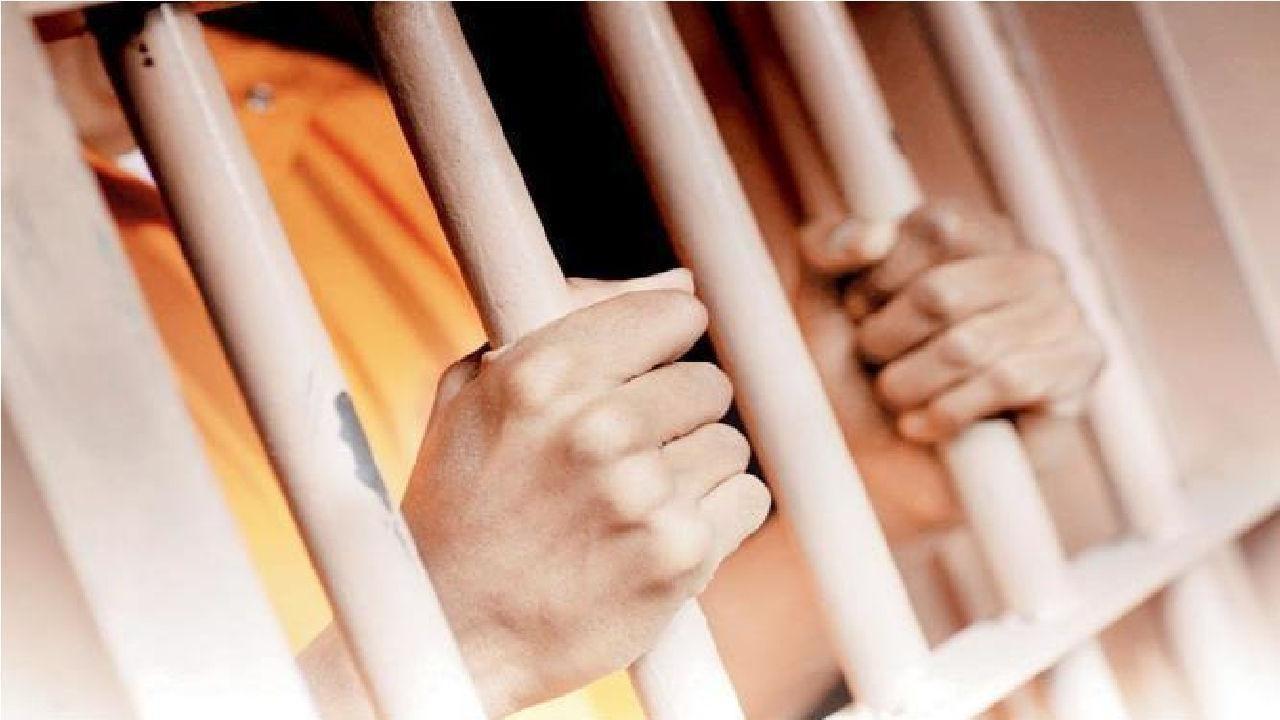The scheme, part of Prime Minister Narendra Modi’s plans to celebrate Azadi Ka Amrit Mahotsav, will also cover male prisoners above the age of 60 and physically challenged convicts who have completed more than half their total sentence, the Home Ministry said

Representative image
Good news is in the offing for thousands of women and transgender convicts above the age of 50 with the government planning to commute their sentence over three phases subject to their behaviour in jail.
ADVERTISEMENT
The scheme, part of Prime Minister Narendra Modi’s plans to celebrate Azadi Ka Amrit Mahotsav, will also cover male prisoners above the age of 60 and physically challenged convicts who have completed more than half their total sentence, the Home Ministry said.
Poor or indigent prisoners who have completed their sentence but are still in jail due to non-payment of fines imposed on them will benefit too with their fines being waived.
According to a recent Home Ministry communication to all states and union territories, prisoners who fulfil the eligibility criteria will be released in three phases — on August 15, 2022, January 26, 2023 and August 15, 2023.
The scheme, the ministry said, does not apply to prisoners sentenced to death or life imprisonment, and convicted in rape, terror charges, dowry deaths and money laundering cases.
Also read: Maharashtra launches scheme to offer personal loans for prisoners
Those convicted under the Explosives Act, National Security Act, Official Secrets Act, Anti-Hijacking Act as well as those convicted for human trafficking will also not be considered for remission.
According to a 2020 official estimate, jails across India continued to remain overcrowded, lodging about 4.78 lakh prisoners against an actual capacity of 4.03 lakh.
Of the total prisoners, nearly a lakh are women.
The eligibility criteria for prisoners to be considered for remission includes convicts who have consistently maintained good conduct during their term in prisons, especially those with no punishment during the sentencing period in the last three years.
The Home Ministry conveyed to the states and UTs that women and transgender convicts of 50 years of age and above, male convicts 60 years of age and above, physically challenged and disabled convicts with 70 per cent disability and more who have completed 50 per cent of their total sentence can be released to commemorate the 75th anniversary of India’s independence.
Those who committed an offence at a young age between 18-21 years and with no other criminal case against them and who have completed 50 per cent of their sentence period will also be considered for the special remission, it said.
The prisoners should be considered for release after a thorough examination by a State Level Screening Committee comprising senior civil and police officers, it added.
State governments and UT administrations have been advised by the Home Ministry to constitute the committees comprising the additional chief secretary or principal secretary in-charge of the home department of the concerned state or the UT as chairperson, additional chief secretary or principal secretary in-charge of the department of law as member and the director general of prisons as member secretary.
The committee will review the records of all prisoners and identify eligible prisoners who satisfy the prescribed conditions for remission and make its recommendations to the state government after examining each case in detail and taking into account all relevant factors. It will take a considered decision to provide the benefit of special remission scheme to the entitled convicts, the ministry said.
Cases where approval of the Central government is required as per law are to be sent to the Home Ministry for seeking its concurrence and approval.
Foreign national convicts shall be released only with the specific consent of the Ministry of External Affairs. Cases of foreign nationals are to be sent to the Home Ministry sufficiently in advance before submitting the recommendations to the governor for clearance from the External Affairs Ministry, it said.
This story has been sourced from a third party syndicated feed, agencies. Mid-day accepts no responsibility or liability for its dependability, trustworthiness, reliability and data of the text. Mid-day management/mid-day.com reserves the sole right to alter, delete or remove (without notice) the content in its absolute discretion for any reason whatsoever.
 Subscribe today by clicking the link and stay updated with the latest news!" Click here!
Subscribe today by clicking the link and stay updated with the latest news!" Click here!







